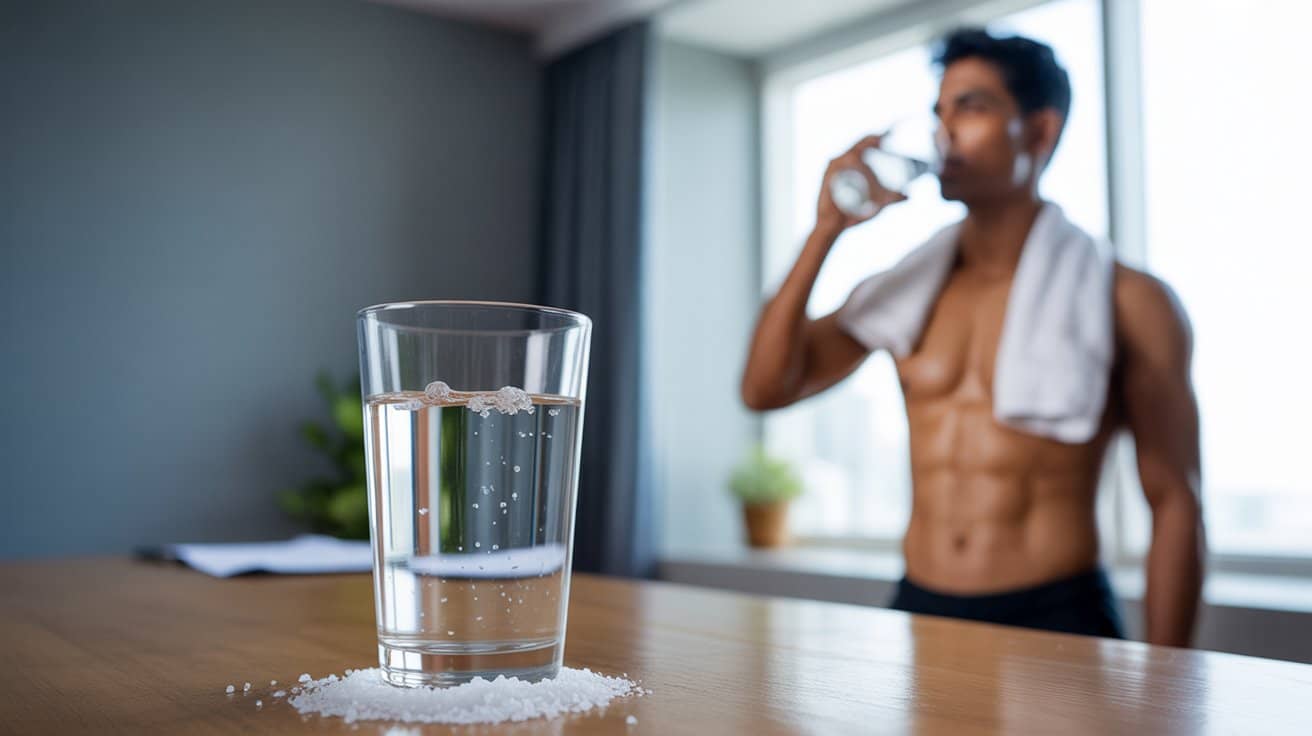What is Sodium?
Sodium is an essential mineral and electrolyte that helps regulate fluid balance, blood pressure, and muscle and nerve function. Most sodium in the body exists in the form of sodium chloride (table salt), but it is also found naturally in foods and added to many processed items.
Why is Sodium Important?
- Maintains fluid balance: Sodium works with potassium to control the body’s water content.
- Supports nerve function: It helps nerves send electrical signals.
- Aids muscle contractions: Muscle fibres, including the heart, need sodium to contract and relax.
- Balances pH levels: Sodium helps maintain acid-base levels in the blood.
The body requires sodium in small amounts daily, but both deficiency and excess can lead to health issues. While too little can cause fatigue, confusion, or cramps, too much can contribute to high blood pressure.
Frequently Asked Questions About Sodium
1. How much sodium do I need per day?
The recommended daily intake for healthy adults is less than 2,300 mg, or about one teaspoon of salt. For those with hypertension, even less is advised.
2. What happens if sodium levels are too low?
A condition called hyponatremia can occur, leading to nausea, headaches, confusion, and even seizures in severe cases.
3. Which foods are high in sodium?
Processed and packaged foods like chips, soups, sauces, canned vegetables, and cold cuts often contain high sodium levels. Even bread and breakfast cereals can add up over time.
4. Are there any natural sources of sodium?
Yes. Beets, celery, and milk naturally contain small amounts of sodium.
5. Is sea salt better than table salt?
Both have similar sodium content. However, sea salt may contain trace minerals and have a coarser texture.
6. Can I lose sodium through sweat?
Yes. During intense exercise or in hot climates, the body loses sodium through sweating, which can lead to cramps or fatigue if not replenished.
7. How do I balance sodium intake if I’m active or an athlete?
Athletes or people with high activity levels may need more sodium. However, it’s best to monitor this with a healthcare professional to avoid overconsumption.
8. Can too much sodium affect kidney function?
Yes. High sodium intake over time can strain the kidneys and may contribute to kidney disease.
9. Does sodium affect hydration?
Yes. Sodium helps retain water in the body. That’s why it’s a key ingredient in electrolyte drinks for rehydration.
10. Should I avoid sodium completely for heart health?
Not at all. The key is moderation. Cutting back on highly processed foods while keeping balanced electrolyte levels is healthier than removing sodium entirely.
